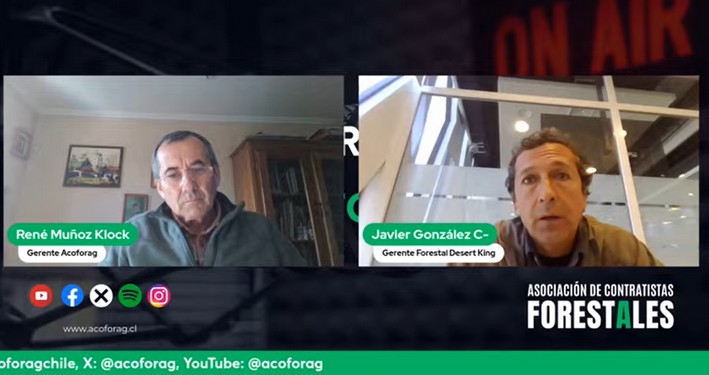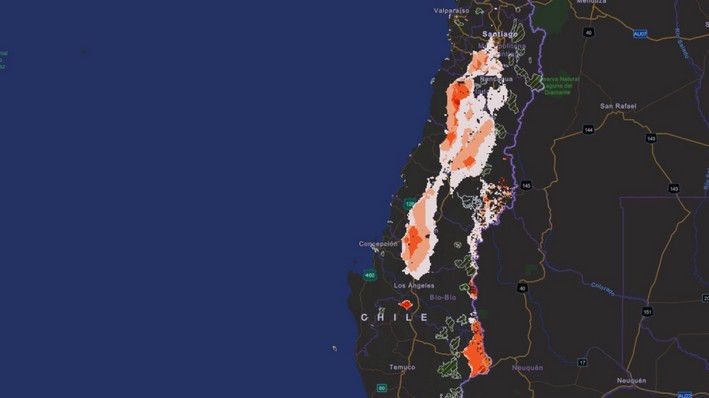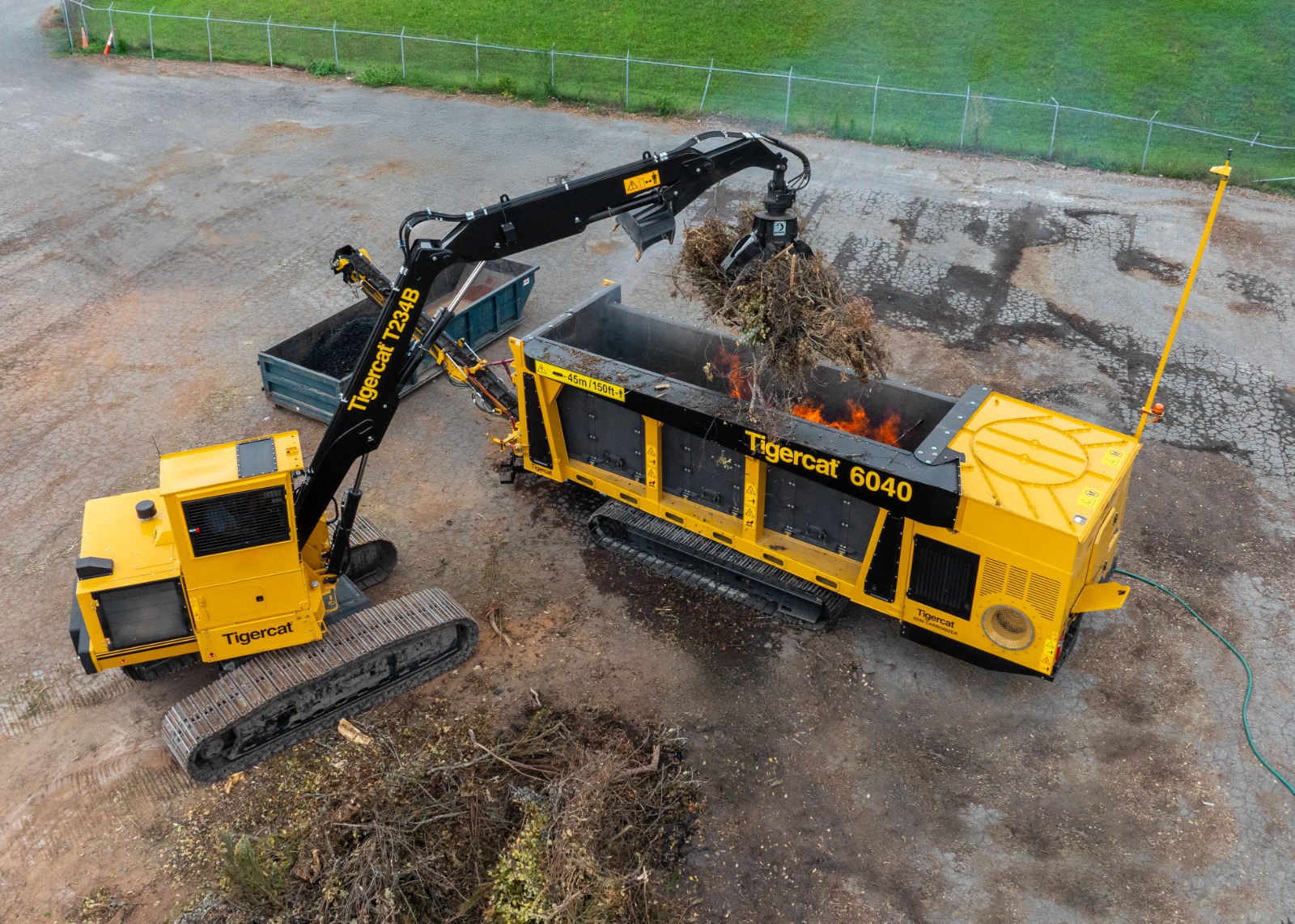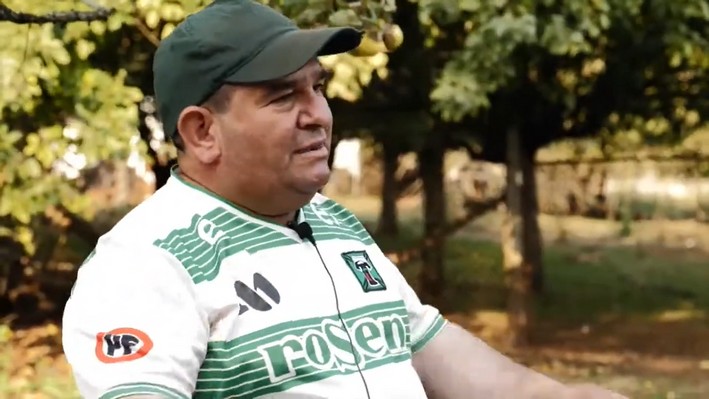- In "Conversando con la Acoforag," the executive discussed aspects ranging from bark exports to sustainable management and the transformation in the saponin industry, with a positive impact on Chile's native forest.
During Chapter 38 of "Conversando con la Acoforag," Javier González, Forestry and Sustainable Development Manager at Desert King, highlighted the critical situation of the sclerophyllous forest in central Chile. The company has taken an active role in revaluing this ecosystem through an academic initiative supported by Corfo and FONDEF, which has revolutionized the saponin industry, a key component of the quillay tree.
Desert King's proposal focuses on comprehensive forestry management that not only utilizes the bark but the entire biomass of the quillay, generating high-value products for sectors such as agriculture, mining, animal and human food, cosmetics, and pharmaceuticals. A notable example is the use of quillay saponins as adjuvants in vaccines, including one of the COVID-19 vaccines.
This sustainable approach has led the company to obtain FSC forest certifications, ensuring a controlled and responsible process—not just to meet standards but out of conviction in the importance of proper forest management. González emphasizes that a well-executed management plan is crucial; otherwise, it would serve no purpose.
Climate change and human interaction are the main challenges facing the sclerophyllous forest. Rising temperatures and decreasing rainfall increase the risk of fires, while nearby populations and improper practices raise the likelihood of disasters. Additionally, the loss of tree vigor generates more fuel, further escalating fire hazards.
The solution proposed by González is forest management that not only aims to restore the forest and enhance its vigor but also allows local communities to benefit sustainably, such as in charcoal production with proper precautions. He stresses the importance of not exceeding the forest's production capacity and maintaining strict control over the supply chain.
Finally, González points out that closing off the forest is not always the solution, except in cases where it is necessary for self-sustainability. Instead, he promotes management that prevents the degradation of the Mediterranean forest into scrubland, ensuring its conservation and benefits for future generations.
The full interview is available on Acoforag's social media and YouTube channel:







Comments (0)
No comments yet. Be the first to comment!
Leave a comment